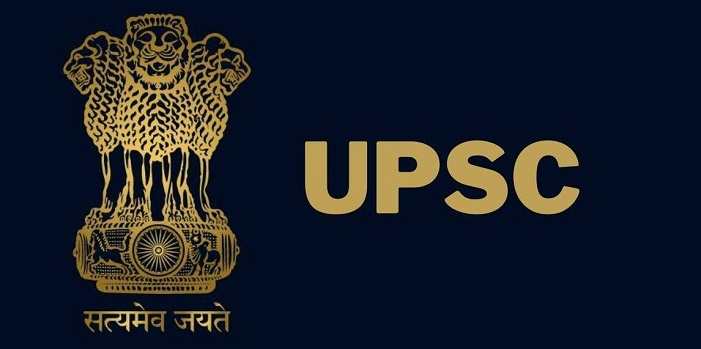1. Understand the UPSC Exam Pattern
Before diving into your preparation, it’s crucial to understand the structure of the exam. The UPSC has three stages:
- Prelims: This consists of two papers — General Studies and CSAT (Civil Services Aptitude Test).
- Mains: A written examination with nine papers, including essay writing, general studies, and optional subjects.
- Interview: A personal interview round for final selection.
The most immediate goal for those preparing in 6 months is to focus on clearing the Prelims.
2. Set Realistic Goals
Six months isn’t a lot of time, so it’s essential to set clear, realistic goals. Break your study schedule into monthly and weekly targets. For example, focus on completing the NCERT books in the first two months while getting a good grasp of current affairs. By the third month, start revising and delving deeper into subjects like General Studies and your optional subject.
3. Prioritize Key Subjects
While you won’t be able to cover everything in six months, you can prioritize the following:
- General Studies Paper I: Focus on Current Affairs, Indian History, Geography, Polity, Economy, Science and Technology, and Environment.
- General Studies Paper II: While this paper covers governance and social justice, it overlaps with many topics from Paper I.
- CSAT: Don’t neglect this paper; even though it’s qualifying, practice is key.
- Optional Subject: Choose a subject you’re comfortable with and focus your efforts on it.
4. Strategize with Time Management
With only six months to go, time management is crucial. I personally created a daily timetable that balanced all subjects and focused on quality over quantity. Stick to the following:
- Morning: Study General Studies (2–3 hours)
- Afternoon: Work on your Optional subject (2 hours)
- Evening: Focus on Current Affairs and CSAT (1–2 hours)
Make sure to set time for breaks, as consistent study without rest leads to burnout.
5. Use the Right Study Material
The right study material can make all the difference in a short time. Stick to standard textbooks like:
- NCERT books (for clarity on basic concepts)
- Laxmikant for Polity
- GC Leong for Geography
- Economic Survey and Budget for Economy
Avoid collecting unnecessary books, as this will only waste time. The goal is to study deeply, not broadly.
6. Current Affairs: Stay Updated
One of the most critical aspects of UPSC preparation is staying updated with current affairs. I recommend reading The Hindu or The Indian Express daily. Make notes of significant events, government schemes, international relations, and important personalities. The more you practice, the better you will understand what’s relevant for the exam.
7. Take Mock Tests Regularly
Mock tests are an excellent way to gauge your progress. After covering the syllabus, make it a habit to take mock tests every weekend. It will help you:
- Improve time management
- Get used to the pressure of answering within time limits
- Identify weak areas that need more attention
For Prelims:
Start with mock tests focused on General Studies and CSAT. Gradually, integrate Mains mock tests into your schedule.
8. Revise, Revise, Revise
In the final month, your primary focus should be on revision. Revising what you’ve already learned will help retain information better. I set aside at least two weeks for this, focusing on:
- Important facts
- Diagrams
- Charts
- Key concepts
Don’t add new topics during revision, as it can lead to confusion.
9. Stay Positive and Don’t Burn Out
Preparing for the UPSC is a marathon, not a sprint. It’s normal to feel stressed or overwhelmed, but keep reminding yourself of your goals. Take breaks, engage in activities that relax you, and ensure you get enough sleep. Mental well-being is as important as physical stamina during these intense months of preparation.
10. Focus on the Interview (If You Clear Prelims)
In the final stage, if you make it to the Mains and clear it, start preparing for the interview. Focus on developing your personality, communication skills, and answering questions confidently. Keep track of your personal details, educational background, and work experience, as these may come up in the interview.
Conclusion
Preparing for the UPSC in just six months is no easy feat, but with a structured approach, dedication, and consistent effort, it is entirely possible. Stick to your plan, stay motivated, and don’t let the pressure get to you. Your hard work will pay off.






